Top African Women Redefining the Narrative in Africa
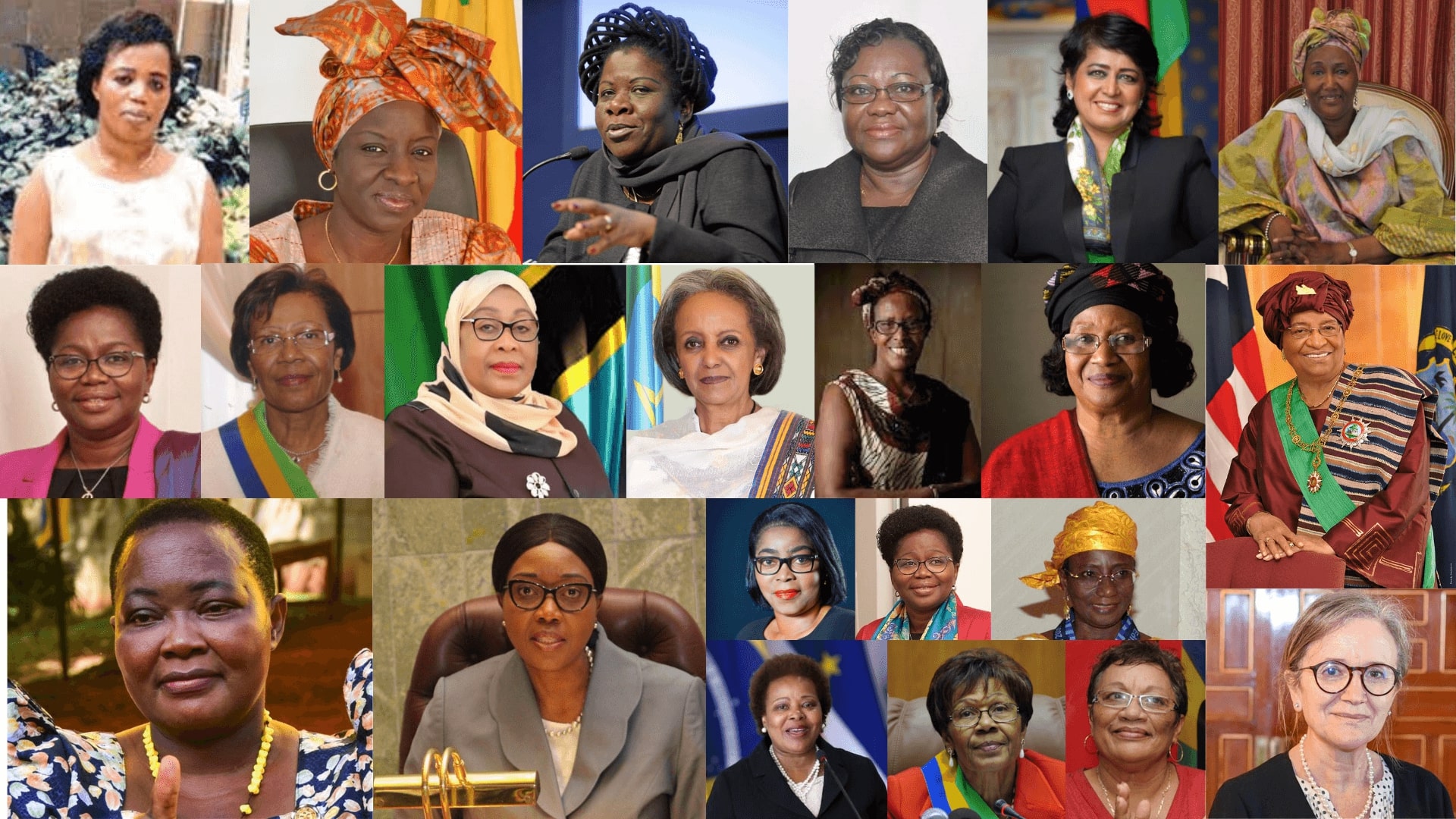
Introduction
Africa’s story has long been told by outsiders: headlines of crisis, statistics of poverty, and tales of endless aid. But a different narrative is rising and has been rising, louder, more confident, and authored by African women themselves. They are boardroom leaders and village activists, poets and policy-makers, entrepreneurs and earth defenders. Their achievements rewrite what success looks like on the continent: not as an exception, but as an example. Here are ten women who, in 2025, are reshaping Africa’s image and its future, with courage, grit, and undeniable results.
1. Ngozi Okonjo-Iweala — The Economist Who Took on the World Stage
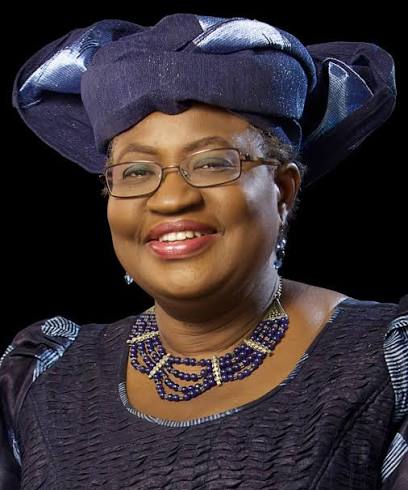
When Dr. Ngozi Okonjo-Iweala became Director-General of the World Trade Organization in 2021, it was more than a personal victory. It was historic: she became the first woman and the first African to lead the WTO, a moment that signalled that African voices can steward the global economic rules that shape trade, jobs and development. Okonjo-Iweala arrived with a decades-long record: two terms as Nigeria’s Finance Minister, a senior career at the World Bank, and a reputation for fiscal discipline and pragmatic reform. Her leadership has emphasised trade justice, vaccine equity and climate sensitivity in trade policy, crucial priorities for Africa’s sustainable growth.
2. Chimamanda Ngozi Adichie — Storyteller and Cultural Architect
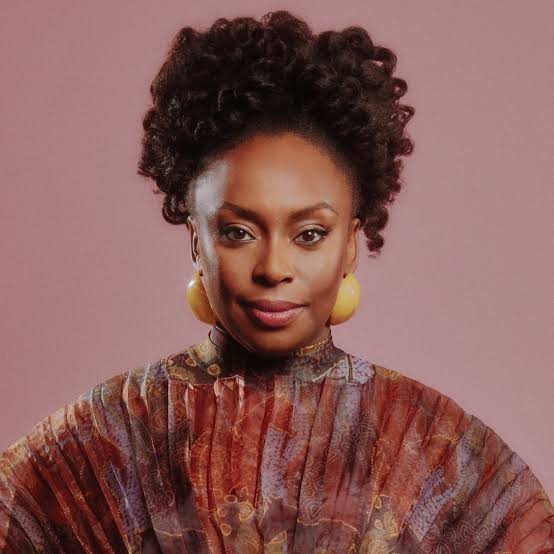
Chimamanda Ngozi Adichie’s books have done more than win prizes, they have remade how the world imagines African lives. From Purple Hibiscus and Half of a Yellow Sun to Americanah, her prose blends intimacy with structural critique, reminding readers that African stories are complex, dignified, and universal. Adichie is also a public intellectual whose essays and TED Talks about feminism and identity have become global reference points. Her success proves that African stories can be literary powerhouses without being flattened into stereotypes.
3. Thuli Madonsela — The Conscience of a Nation
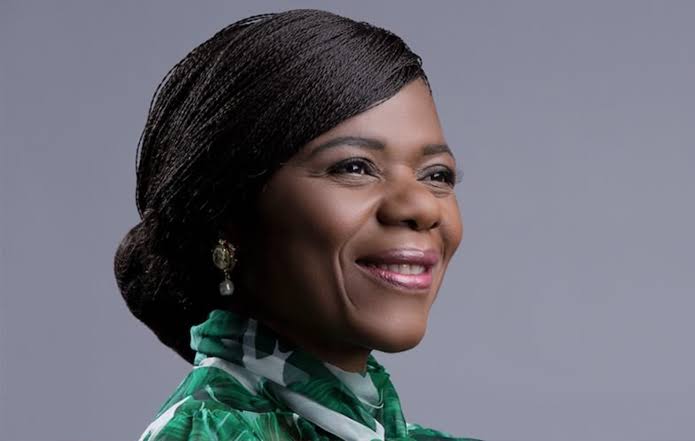
South Africa’s democracy has a fierce guardian of justice in Thuli Madonsela. As Public Protector (a quasi-judicial oversight role), she has investigated corruption, held leaders to account, and repeatedly reminded citizens that power must answer to principle. Madonsela’s legacy is not only legal rulings but a cultural reminder: accountability matters. Her work helps define a new civic standard across Africa, one where citizens demand institutional integrity, and where women lead those demands.
4. Aya Chebbi — The Young Diplomat Making Youth Voices Heard
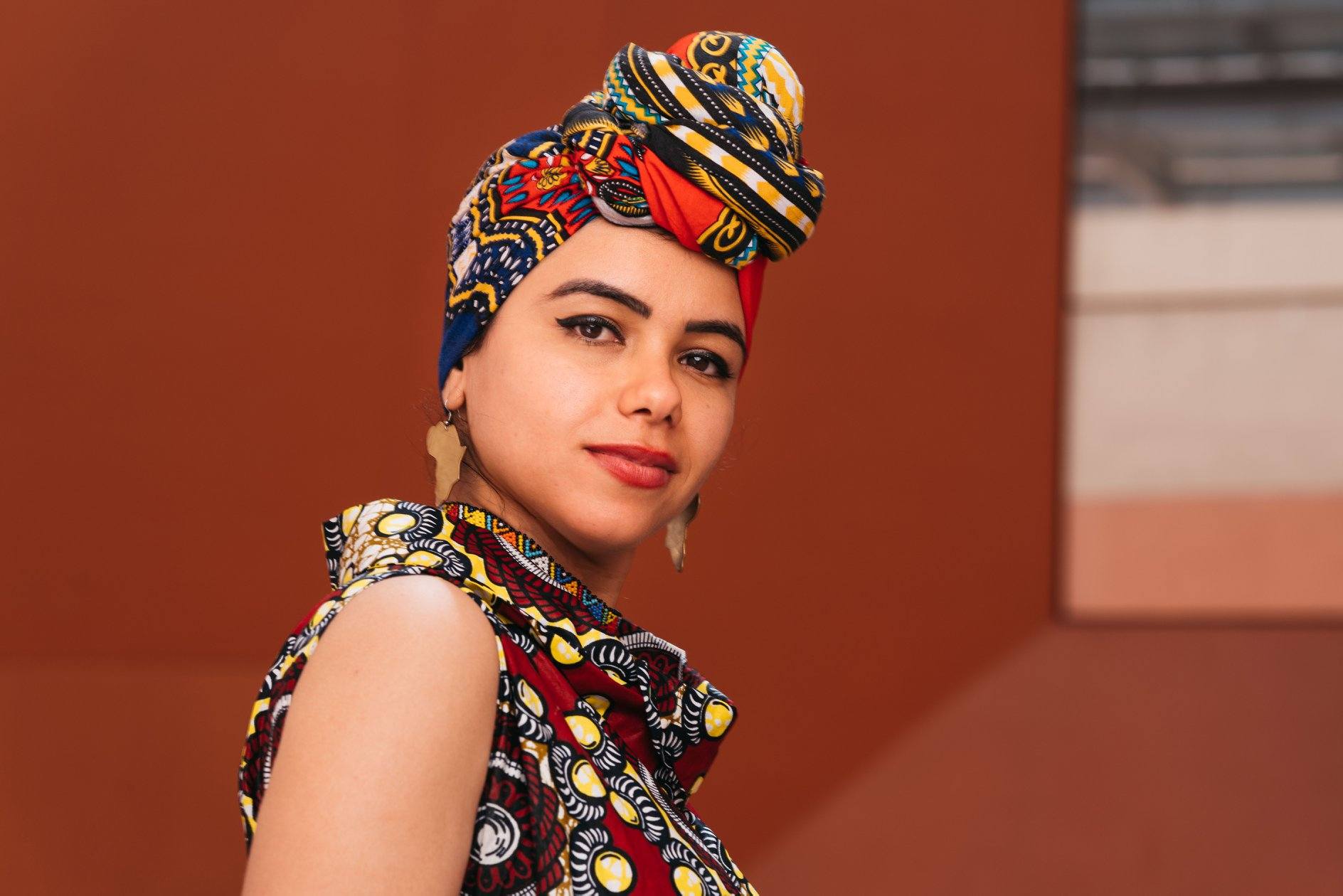
Tunisia’s Aya Chebbi rose to international attention as the African Union’s first Youth Envoy, amplifying young Africans’ calls for justice, climate action and gender equity. A facilitator, activist and network builder, Chebbi’s work channels grassroots movements into continental conversations, ensuring that Africa’s future leaders are not sidelined but seated at decision-making tables. Her model of generational leadership and young, feminist, pan-African signals a vital shift in how the continent organizes political will.
5. Phumzile Mlambo-Ngcuka — A Global Voice for Women
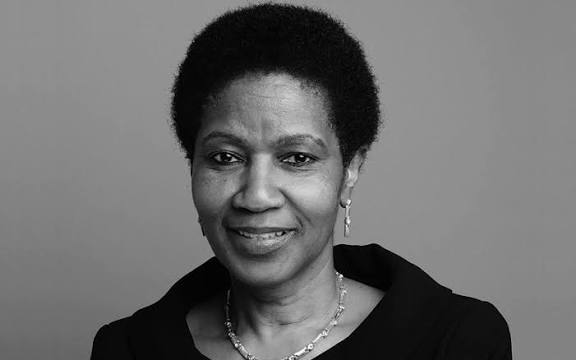
Phumzile Mlambo-Ngcuka’s tenure as Executive Director of UN Women (2013–2021) placed African feminist leadership on the global stage. With roots in South African struggle politics and a career across education and public service, Mlambo-Ngcuka pushed for women’s economic empowerment, legal reform and accelerated action on gender-based violence. Her impact is measured in policies advanced and in the elevated profile of African perspectives on gender equality at the United Nations.
6. Bethlehem Tilahun Alemu — Building Local Wealth with Global Taste
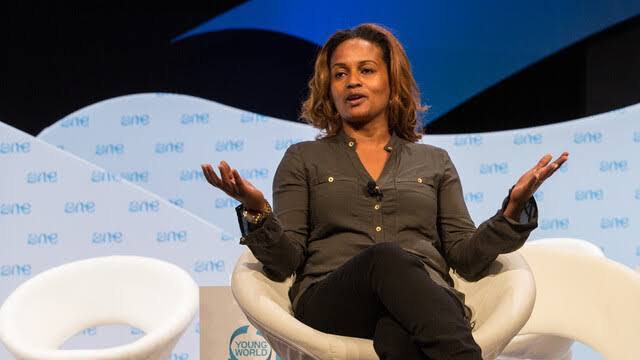
Bethlehem Tilahun Alemu turned Ethiopian craft into global commerce. With soleRebels, she created an eco-friendly footwear brand rooted in local artisanal talent and sustainable practices and proved that African manufacturing can be a source of pride, jobs and export revenue. Bethlehem’s model challenged the narrative that Africa must always be a market for foreign goods; instead, she put Africa back on the map as a producer of desirable, ethically made products. Her work also demonstrates how entrepreneurship can drive dignity and local development.
7. Wanjira Mathai — Carrying a Green Legacy Forward
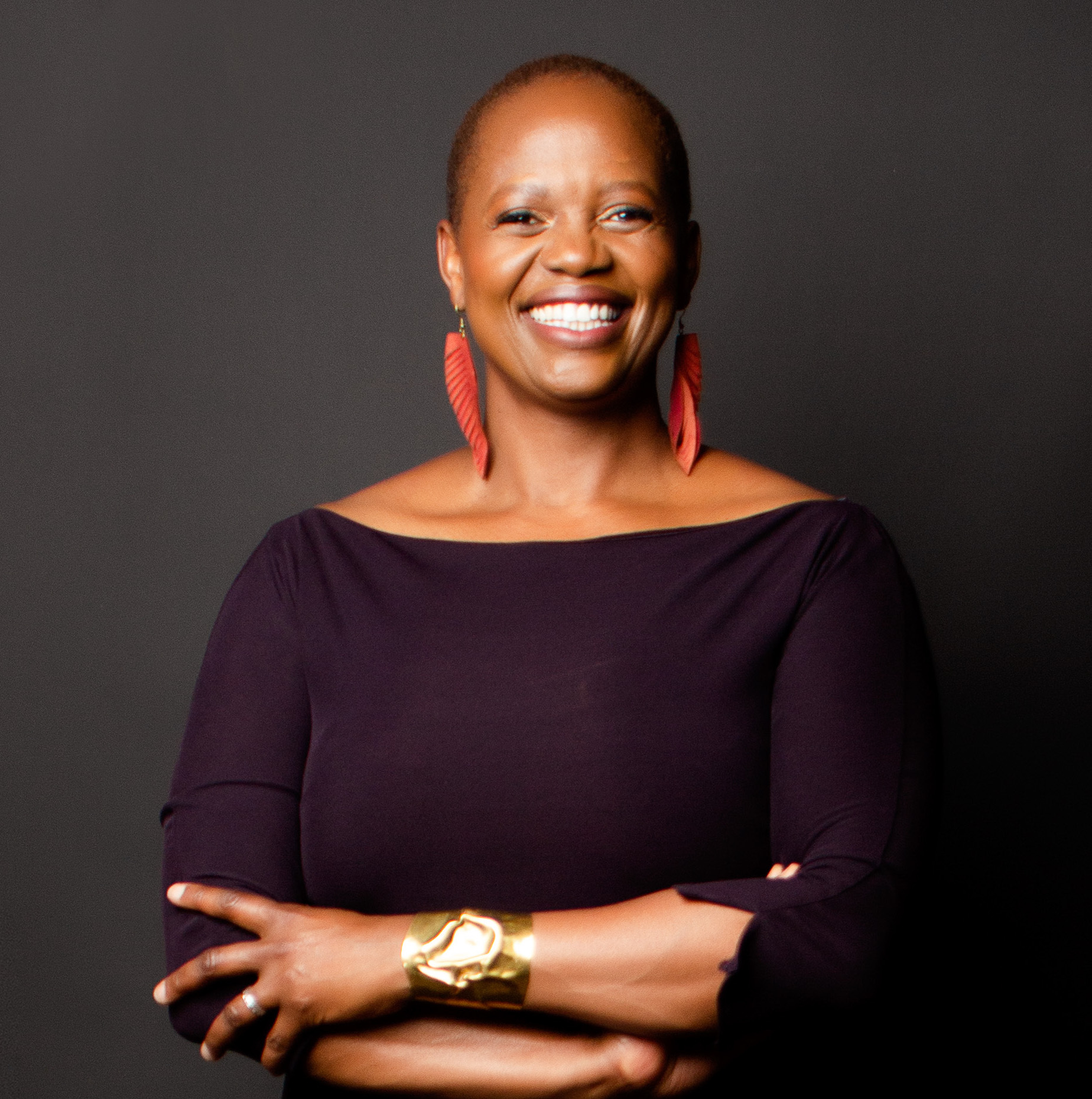
Wanjira Mathai, daughter of Nobel laureate Wangari Maathai, is a force in environmental leadership. As a strategist in the climate and conservation space, she leads initiatives to scale reforestation, restore landscapes and link community welfare to ecological health. Her work connects a deep African tradition of environmental stewardship with modern policy, finance and advocacy, ensuring that climate action in Africa is both just and locally rooted.
8. Ory Okolloh — Tech That Holds Power to Account
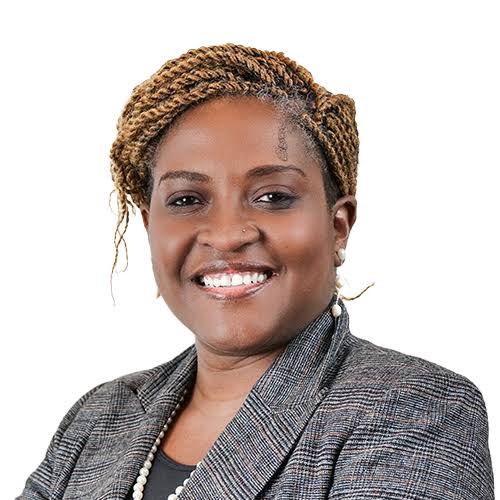
Few technologies have shaped modern African political life like Ushahidi, the crowdsourced crisis-mapping tool co-founded by Ory Okolloh. Born from the need to document violence during Kenya’s 2007 elections, Ushahidi evolved into a platform used worldwide to report crises, track elections and monitor service delivery. Okolloh’s work sits at the intersection of civic tech and human rights, showing how African innovators can build digital tools that strengthen democracy and transparency.
Wikipedia
9. Zozibini Tunzi — Redefining Beauty and Power
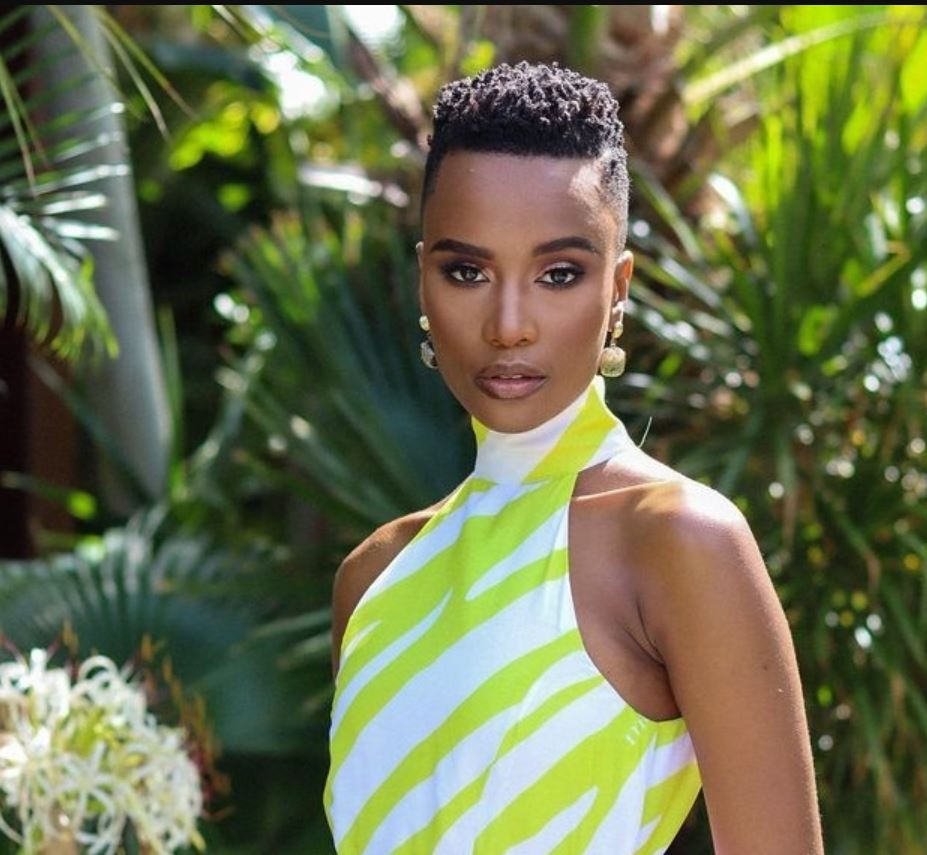
When Zozibini Tunzi won Miss Universe in 2019, she did more than claim a crown, she reimagined beauty standards. By presenting herself with natural afro-textured hair and a clear message about representation and self-love, Tunzi became a cultural symbol across Africa and the diaspora. Her platform addressed gender-based violence and youth empowerment, proving that soft power, the way we project values and aesthetics, matters in changing global perceptions of African women.
Why This Matters: Beyond Symbolism to Structural Change
Listing names is easy; changing systems is hard. The power of these women is not only in their titles but in the institutional shifts they drive.
Visibility becomes leverage. When an African woman heads a global body or wins a literary accolade, global audiences pay attention. That visibility helps expand networks, unlock capital, and create platforms for policy change, all of which matter for continental development. Okonjo-Iweala at the WTO, for example, has used her platform to press for trade reforms and vaccine equity that directly affect African livelihoods.
Narrative changes practice. Adichie’s stories change classroom syllabi, library shelves and the imaginations of young writers. Madonsela’s investigations change administrative practices and public expectations. These cultural and civic shifts shape what people consider normal and possible.
Economic proof replaces pity. Entrepreneurs like Bethlehem Tilahun Alemu build exportable brands and create jobs, countering tired narratives about Africa as mere recipients of aid. When Africa exports design, tech, or agriculture expertise, the conversation moves from charity to partnership.
The Hard Work Still Ahead
Despite these victories, the path forward remains rocky.
Structural inequality persists. Women still face funding gaps, cultural pushback, and policy barriers that men often do not. Female founders receive a tiny fraction of venture capital; women remain under-represented in science and technology leadership. These gaps limit how quickly new narratives can translate into mass prosperity.
Backlash and tokenism are real. High-profile success can trigger backlash, and institutions sometimes prefer token appointments over deep reforms. True transformation requires sustained systems change, policy, education, finance and cultural investment, not only singular appointments.
Scale needs ecosystem support. For entrepreneurs to move from boutique brands to continental champions, they need infrastructure: manufacturing, distribution, digital payments, logistics, and predictable regulation. Women often shoulder the double burden of entrepreneurship and caregiving, making scale a steeper climb.
Lessons for Africa: How to Move from Icons to Institutions
If Africa wants the gains these women represent to reach the many, not just the few, policymakers and citizens must act on several fronts:
Invest in women’s leadership from the ground up. Scholarships, incubators, and targeted finance for women entrepreneurs and professionals create pipelines for the next generation.
Rewrite educational priorities. Teaching critical thinking, civic engagement and storytelling alongside technical skills helps cultivate leaders who can combine imagination with institutional know-how.
Build ecosystems, not just exceptions. Government incentives, private sector procurement rules and development finance should intentionally include women-led enterprises.
Protect civic space. Activists, journalists and technologists need legal safeguards to hold power to account, a condition Thuli Madonsela’s work consistently exposed as essential.
Celebrate stories, not spectacles. The media must cover the slow, difficult work of systems-building and not only the occasional headline. Daily practices, how a company treats workers, how a minister allocates budgets, matter more than awards.
Conclusion: A New Script, Written Daily
The women profiled here, and the many whose names will never make international lists, are not just exceptions to a rule. They represent a quiet revolution: Africans writing their future with clarity and courage. From diplomacy rooms in Geneva to remote villages innovating sustainable livelihoods, these leaders bend institutions, markets and cultures toward equity.
Africa’s narrative is changing because women insist it does. They show that power wears many faces: economic, political, creative, scientific, and moral. They teach us that changing a continent’s story begins with changing who gets to tell it.
If the world has spent too long seeing Africa through shortage, these women have insisted on abundance: abundance of talent, of imagination, and of leadership. That is the narrative worth amplifying, one that opens doors for millions more to follow.
You may also like...
When Sacred Calendars Align: What a Rare Religious Overlap Can Teach Us

As Lent, Ramadan, and the Lunar calendar converge in February 2026, this short piece explores religious tolerance, commu...
Arsenal Under Fire: Arteta Defiantly Rejects 'Bottlers' Label Amid Title Race Nerves!

Mikel Arteta vehemently denies accusations of Arsenal being "bottlers" following a stumble against Wolves, which handed ...
Sensational Transfer Buzz: Casemiro Linked with Messi or Ronaldo Reunion Post-Man Utd Exit!

The latest transfer window sees major shifts as Manchester United's Casemiro draws interest from Inter Miami and Al Nass...
WBD Deal Heats Up: Netflix Co-CEO Fights for Takeover Amid DOJ Approval Claims!

Netflix co-CEO Ted Sarandos is vigorously advocating for the company's $83 billion acquisition of Warner Bros. Discovery...
KPop Demon Hunters' Stars and Songwriters Celebrate Lunar New Year Success!

Brooks Brothers and Gold House celebrated Lunar New Year with a celebrity-filled dinner in Beverly Hills, featuring rema...
Life-Saving Breakthrough: New US-Backed HIV Injection to Reach Thousands in Zimbabwe

The United States is backing a new twice-yearly HIV prevention injection, lenacapavir (LEN), for 271,000 people in Zimba...
OpenAI's Moral Crossroads: Nearly Tipped Off Police About School Shooter Threat Months Ago
ChatGPT-maker OpenAI disclosed it had identified Jesse Van Rootselaar's account for violent activities last year, prior ...
MTN Nigeria's Market Soars: Stock Hits Record High Post $6.2B Deal

MTN Nigeria's shares surged to a record high following MTN Group's $6.2 billion acquisition of IHS Towers. This strategi...






